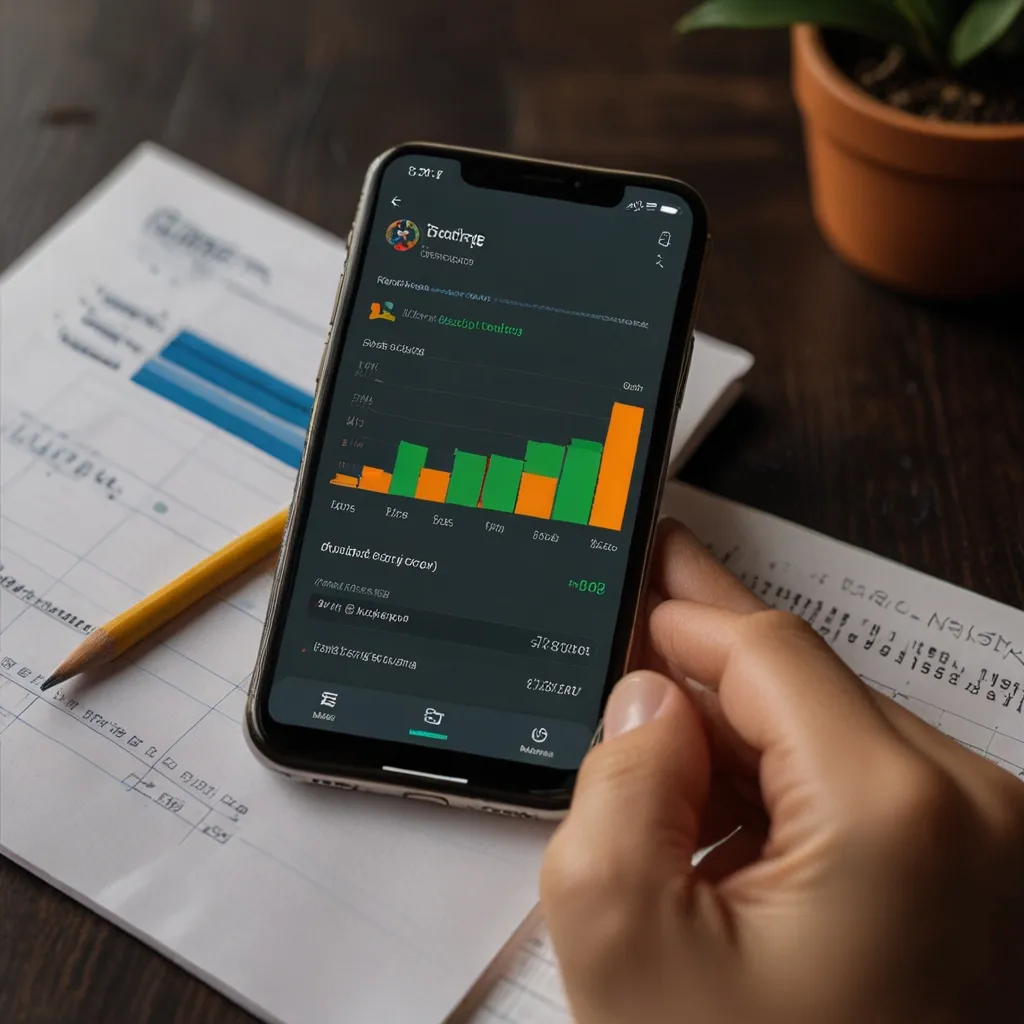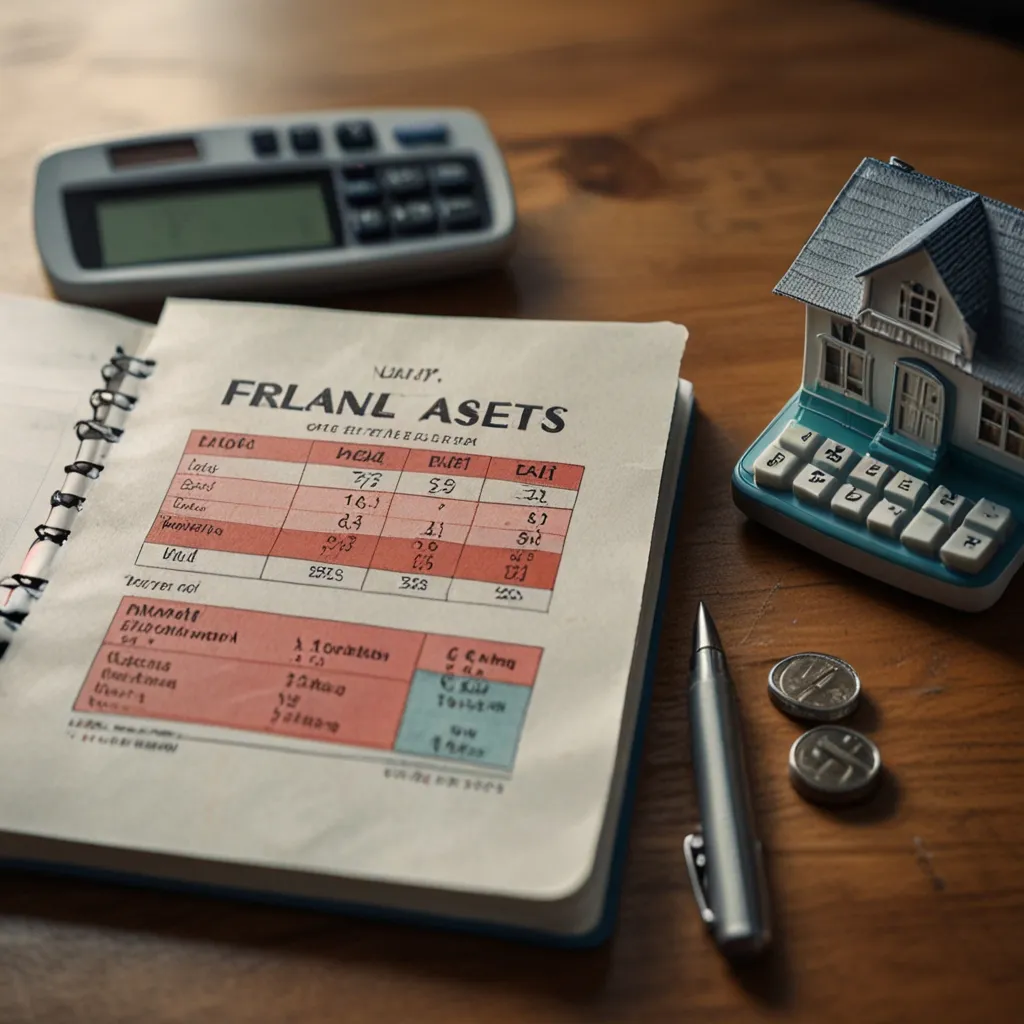In today’s fast-paced world, managing finances effectively might just be one of the most crucial skills you can develop. The good news? Budgeting apps are here to make your life a whole lot easier by helping you track income and expenses, set those crucial financial goals, and make better decisions regarding your money.
Now, let’s break down how these apps actually work and why they might become your new best financial friend.
First things first: budgeting apps are basically software that you can use on your phone, tablet, or computer to manage your funds. Think of them as your personal financial managers who monitor and analyze your transactions, providing you with key insights to help keep your budget on track. These nifty apps can link up with your bank accounts, credit cards, and all those financial accounts you might have, tracking and recording your transactions automatically.
Picture this: all your financial activities centralized in one spot. Using a budgeting app means you can see exactly where your money is going, categorize those expenses, and even set daily spending limits to stay within your budget. For instance, if you’re aiming to save for a down payment on a house, a good budgeting app can help you allocate your income and track your progress towards that big goal.
Let’s chat about the benefits of using these apps. One biggie is the financial awareness they provide. By keeping track of your spending, these apps give you insights into your financial habits. You might find out, for example, that you’re spending more on dining out than you had thought. That awareness could prompt you to make better decisions about your spending.
Another huge plus is convenience. Budgeting apps streamline your financial life with automated tracking and easy access from your mobile device. So, no more juggling multiple bank accounts or manually recording transactions; the app does all the heavy lifting for you.
Now, there’s a plethora of budget and finance apps out there, each with its own unique features. Take You Need a Budget (YNAB), Simplifi, and Goodbudget as examples. YNAB is fantastic for a hands-on approach to budgeting, helping you manage every single dollar. Simplifi is great if you’re looking for a comprehensive overview of your finances without all the complexity. For couples out there, Honeydue lets both partners sync their accounts, making it easier to manage household finances together.
So, how do these apps work? When you link your bank accounts to a budgeting app, it tracks and records your transactions automatically. Expenses, savings, income—it sorts them all into categories like groceries, utility bills, and recreation. This categorization helps you understand where your money is going and whether you’re staying within your budget.
Let’s say you’re trying to cut down on entertainment expenses. The app can show you just how much you’ve spent on things like movies and dining out. This information can be super helpful for making adjustments to your spending habits.
Everyone has different financial goals—paying off debt, saving for something big, or building an emergency fund. Budgeting apps can help tailor your budget to fit these goals. By setting specific targets and tracking your progress, you stay laser-focused on what you want to achieve.
Imagine you’re saving for a car. The app can calculate how much you need to save each month to reach your goal by a certain date, tracking your progress and giving you regular updates on how close you are to achieving that dream.
Choosing the right app for you can be a bit overwhelming given the sheer number of options. Consider what features are must-haves. Do you need to connect all your financial accounts? Do you want personalized expense categories? Some apps even offer features like investment tracking and financial education resources.
Then there’s the price factor. Some apps are free, while others come with a monthly or annual fee. The trick is to balance the cost against the features you need to get the best bang for your buck. Also, look for apps with robust customer support, bank-grade security, and positive user reviews.
Beyond basic budgeting, many apps offer additional features that can really up your financial game. Some provide tools for retirement planning or allow you to record bills and get alerts for upcoming due dates, ensuring you never miss a beat.
Take Empower Personal Dashboard, for example. Primarily an investment tool, it also tracks wealth and spending, giving you a single view of all your transactions across different accounts. This makes it easier to spot unauthorized transactions and keep a close eye on your finances.
Let’s consider a real-life scenario. Say you’re a young professional wanting to get better at managing finances. You download an app like NerdWallet Money Tracker, which connects to your bank accounts and credit cards. The app categorizes your past transactions, showing you where your money is going. You might discover you’re spending too much on dining out and decide to cut back. The app helps you set a dining-out budget, tracks your spending, and provides weekly insights into your habits. This makes it easier to understand your financial situation and make necessary adjustments.
Budgeting apps are powerful tools that can dramatically improve how you manage your money. They offer insights into your spending habits, help set financial goals, and come with various features to track your finances seamlessly. Whether you’re just starting out with budgeting or looking to refine your financial strategy, there’s an app out there tailored to your needs.
So, take the first step today. Pick a budgeting app that fits your style and goals, and start tracking your finances. You’ll likely find that you feel much more in control of your money—and your financial future.






